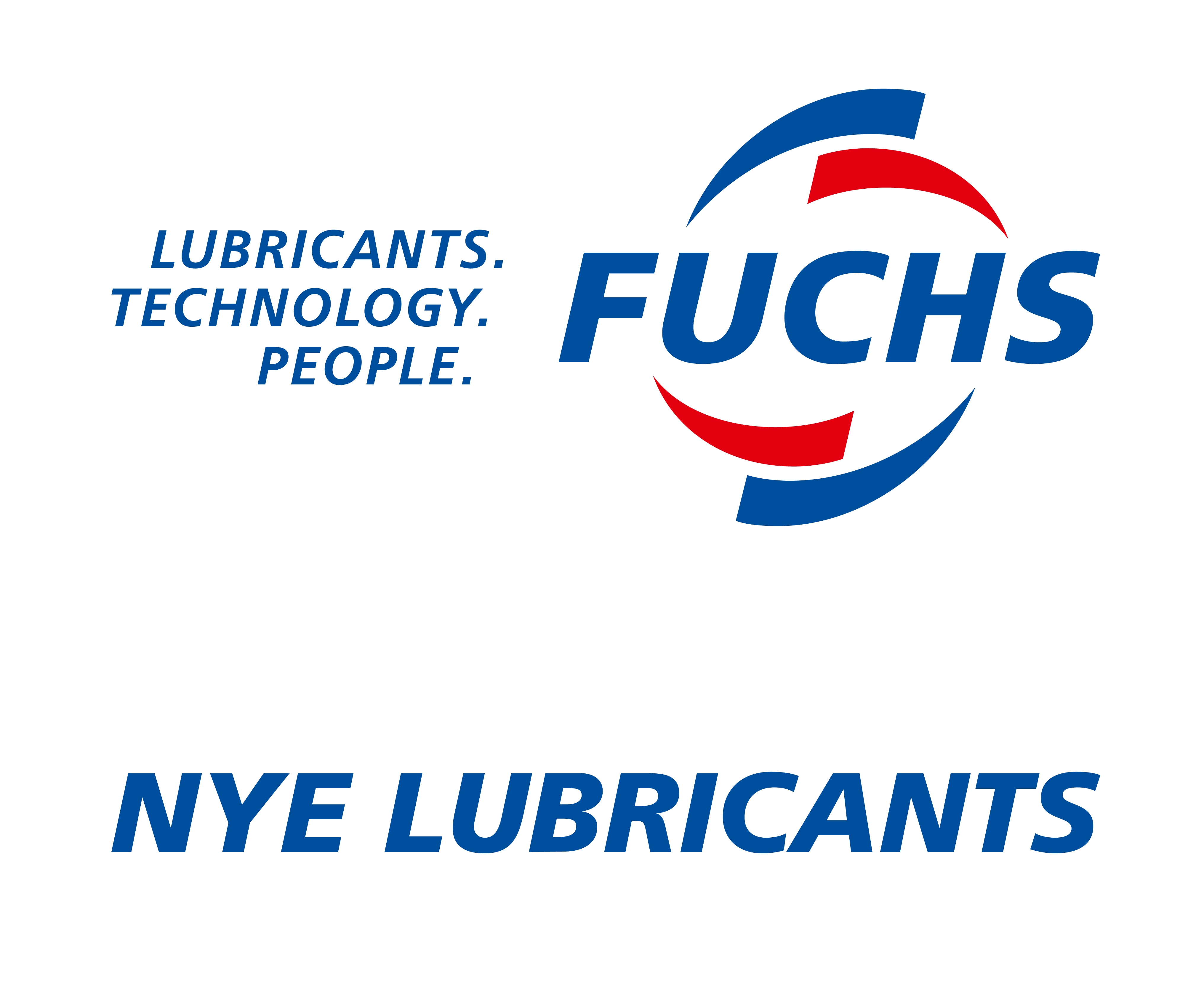Meet Nye: Jason Galary
In 2018, after 15 years of product development, technical service, and applied tribology experience, Nye’s Jason T. Galary was promoted to Director of Research, Development and Innovation. During his tenure at Nye, Jason has overseen several advanced technology projects including anti-wear, nanotechnology, ionic liquid, and vacuum tribology projects. Jason received his BS in Electrical Engineering, MS in Mechanical Engineering, and Ph.D. in Applied Mechanics and Materials all from the University of Massachusetts Dartmouth and is completing his MBA from Northeastern with a double major in Innovation Management and Finance. We sat down with Jason to ask him five questions about himself and his work at Nye:
![]()

How would you describe your role as Director of Research, Development, and Innovation?
I have a phenomenal team of scientists, chemists, and engineers that are extremely capable of solving any lubrication problem that is brought to us. My job is to build an innovation strategy for our future that develops a creative environment for Nye. This strategy will help us take the areas where we excel and really expand our technology to develop new areas of growth for the business.
You’ve worked at Nye for over 15 years in a variety of different positions. How do you feel this has helped you in your most recent position?
My journey at Nye has always been linked to the customer experience. I spent time in business development helping to grow markets in Asia and other parts of the world, I have worked in tech support, and I founded the ADVT lab to bridge the gap between Research and Development (R&D) and the customer’s application needs. One thing that’s been great for me in my new role is that I’m not purely focused on the research—I’m really trying to tie our R&D work to our customer needs.
R&D is moving in a direction where we must innovate for future market needs. When you do that you always run the risk of developing products that there are no customers or market demand for. Having that past customer experience and the understanding of the business prepares me to make sure that the strategy and path for the innovation I’m leading my team on is rooted to the needs of our customers.
Industries such as Aerospace and Semicon are always working on developing the most advanced technology. What steps is R&D taking to improve the customer experience and stay ahead of industry demands?
Nye just rolled out our innovation strategy where the goal is to move from being a reactive organization, where we wait for a customer to tell us exactly what they need or want, to one that also looks to the future. Part of this strategy includes attending industry conferences, meetings, and other activities to understand what is coming next for the industries we sell to, and the markets we have yet to explore. We are also working with our Regional Engineering Managers, industry managers, and our customers, to help give us additional insight. Through our innovation process we are bringing in a variety of new ideas which we are then using to create technology platforms that will help us develop market- and focus-driven innovations.

You recently received your PhD in Applied Mechanics and Materials from the University of Massachusetts Dartmouth, how does your dissertation apply to the work done at Nye?
My dissertation was focused on the mechanics of tribofilms, how they are formed, and their effect on a tribological contacts life. Tribofilms are protective, chemically reactive surface films on materials that are typically created by a lubricant or a lubricant additive. Historically, the theory on how lubricant additives function was that tribofilms are formed by a simple chemical reaction that happens at the bonding layer. In my dissertation I developed a new methodology that proves (on the nanoscale) that tribofilms are a result of a chemical-mechanical reaction that changes the mechanical properties of the surface (such as hardness and elasticity), which in turn affects its life.
This method provides Nye with a new way to look at additives. Through this work, screening methods were created and are going to be used to evaluate new anti-wear materials and determine which ones are beneficial to our lubricants and applications and which ones aren’t. We’ll also be able to correlate these additives to their improvements in the life of an application. It will give us a lot more insight into how we should formulate, if its working as we expect, what the results should be, and what can be expected for our customers.
What is your favorite part about working for Nye?
Nye is an incredible company with amazing people. The technology approach that we take and the customers, applications and industries that we serve, present me with endless challenges. While to some people it may simply appear that we’re just making grease or lubricants, I look at it as we are truly making the world a better place. Everything that we do is enabling technologies to be better. Whether it’s the drug delivery platform that makes sure people get the proper medication, electric power steering gears that we allow to function safely in cars, or the reaction wheels for mission critical satellite systems–we are truly innovating solutions to improve the world. Not only do we get to solve these exciting problems and create unique technology, but we are doing it to make a difference.
Click here to connect with Jason on LinkedIn.

